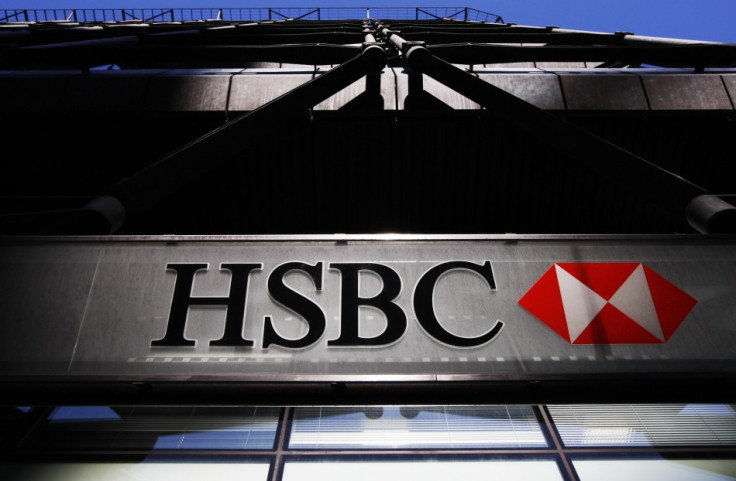HSBC Handled Dirty Money from Drug Cartels and Potential Terrorists - Report
US Senate to probe "pervasively polluted" culture within bank's US operation

Banking giant HSBC was used for global money laundering by drugs cartels and potential terrorists, according to a US Senate report.
The report, commissioned by a Congressional watchdog which strives to root out financial wrongdoing, says the "pervasively polluted" culture at HSBC left it open to exploitation by drugs cartels looking to channel their money through a reputable bank.
The authors claim a particularly large sum of money was moved from Mexico, which was designated as a "low-risk" country by HSBC analysts, even though the country's drugs gangs are known to launder funds via money-changing businesses.
It is reported that HSBC's Mexican branch transported $7bn to its US division between 2007 and 2008, even sending bank notes by car and aircraft at one stage.
In addition, the report claims that suspicious funds were channelled from Syria, Saudi Arabia and Iran, with little due diligence or monitoring. It is even alleged that HSBC provided banking services to a Saudi bank linked to terrorist activity.
Legal head set to appear at hearing
The 330-page document was compiled after experts probed HSBC for a full year, and reviewed more than 1.4 million documents. It is now scheduled to be aired in a Congressional hearing on Tuesday.
Several senior HSBC executives are expected to testify at the hearing, including chief legal officer Stuart Levey and Irene Dorner, head of the bank's US operation.
Senator Carl Levin, the chairperson of the US Senate Permanent Subcommittee on Investigations, has already spoken out about the report, telling reporters:
"HSBC's compliance culture has been pervasively polluted for a long time. HSBC used its US bank as a gateway into the US financial system for some HSBC affiliates around the world to provide US dollar services to clients, while playing fast and loose with US banking rules."
In response to the report, HSBC released a statement saying: "We will apologise, acknowledge these mistakes, answer for our actions and give our absolute commitment to fixing what went wrong.
"We have learned a great deal working with the subcommittee on this case history and also working with US regulatory authorities, and recognise that our controls could and should have been stronger and more effective, in order to spot and deal with unacceptable behaviour."
© Copyright IBTimes 2024. All rights reserved.





